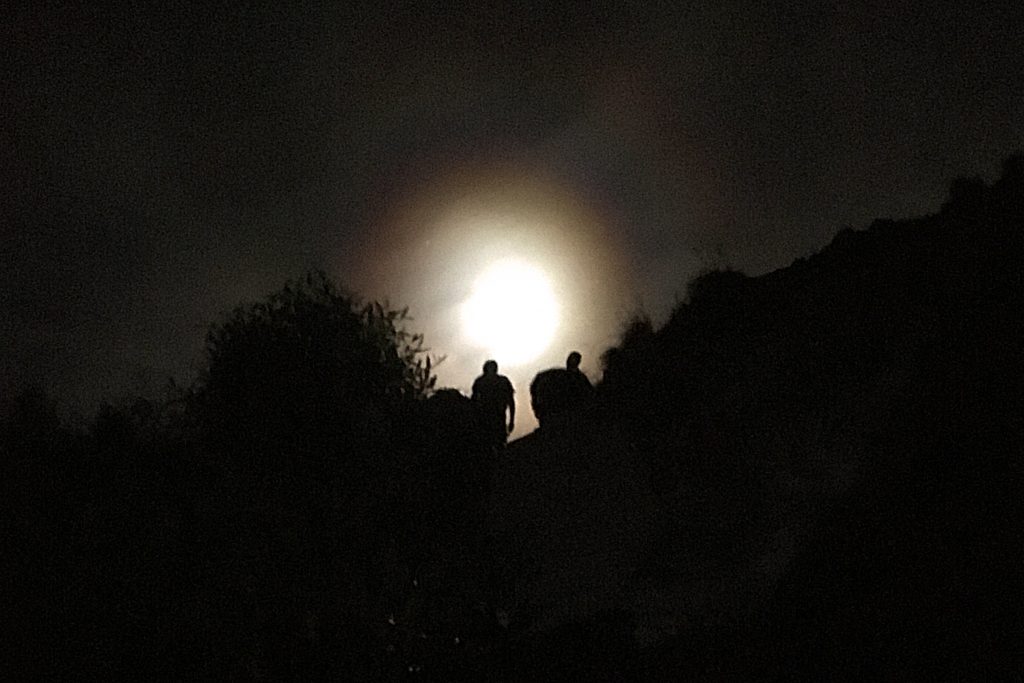Should we have stayed at home and thought of here?
Where should we be today?
Is it right to be watching strangers in a play
in this strangest of theatres?
[…]
“Is it lack of imagination that makes us come
to imagined places, not just stay at home?
[…]
Continent, city, country, society:
the choice is never wide and never free.
And here, or there . . . No. Should we have stayed at home,
wherever that may be?”
–Elizabeth Bishop, “Questions of Travel”
When you think about it, travelling—especially internationally—is an incredible privilege. Cost, time,
language, and diplomatic barriers restrict global travel to an exclusive group whose activities have
far-reaching impacts. Consider that the round-trip flight our group took from Boston to Singapore
emitted 4.54 metric tons of CO2e per passenger. That’s over a quarter of the average American’s
annual carbon emissions, and nearly three times the annual carbon emissions of the average
Indian. Put differently, if everyone else on the planet were afforded the same opportunity we were,
total global carbon emissions would quadruple. For a dialogue on the impacts of climate change,
this was certainly ‘learning by doing’.
That is, undoubtedly, a rather grim way to look at something intended to be informative and
enjoyable. Even with this in mind, Bishop’s question—“Should we have stayed at home…?”—
remains, as in the poem, unresolved. Admittedly, I am helplessly biased against advocating for an
answer based on seemingly self-incriminating data. But I do know that criticizing leisure or
educational travel is a poor way to build support for systemic change towards a low-carbon
economy. Especially since, for many (myself included), travel is irresistible—a modern-day
expression of humankind’s innate desire to explore.
For all its problematic consequences, travel can and should be a source of knowledge, inspiration,
and goodwill. These are qualities that an imagination cooped up among the familiar and the
comfortable cannot replicate. Even in this digital age, where we are submerged in the ubiquity of
photos and videos from far off places, there is still no substitute for physically being in a new place.
While travelling, I’ve found that some of the most valuable and enlightening experiences have been
those simultaneously too mundane to bother imagining and too unfamiliar to be imaginable. The
wonder and bemusement stocked on the shelves of a foreign grocery; the mind-numbing traffic in
Jakarta; the unearthly landscapes of ascending a volcano by moonlight.
It’s not possible to make a fair comparison between the intangible merits of travel and the very real
consequences; doing so risks placing individual betterment over the collective good. We can
acknowledge what a privilege it is to travel, and that is still not enough. When the tourists and the
toured never have the chance to swap places, locals can be reduced to, as Bishop says, “strangers
in a play”. Our lofty goal must then be to provide everyone the opportunity to travel the world without
sacrificing the planet.

